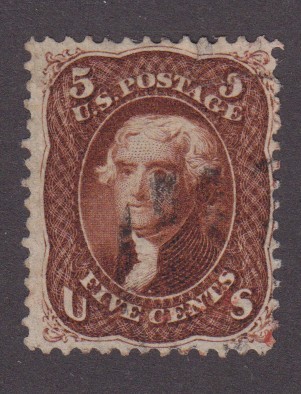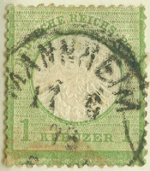
Discussion - Member to Member Sales - Research Center

Discussion - Member to Member Sales - Research Center



Login to Like
this post
In Scott Indonesia, under heading of Republic of Indonesia. Celebrating the failure of the Dutch blockade.

3 Members
like this post.
Login to Like.
If I have it correct, after the surrender of Japan to the Allies in 1945, Indonesian Nationalists declared independence. Shortly thereafter, the Dutch tried to re-establish control over their East Indies colony and implemented a naval blockade of the rebel strongholds in Java and Sumatra. In 1949, the Dutch naval blockade was broken by airlifting of supplies into Java and Sumatra. Reminiscent of the Berlin Airlift in Europe. Pos Udara on stamps of Indonesia translates as Air Post.

4 Members
like this post.
Login to Like.
Thank you for the good information. It was a mystery to me. Mike

Login to Like
this post
That's correct Terry ,a very turbulent time .the stamps in question are the Vienna Printings By Stolow & Co,both the first and second issues (identified by the spelling of Indonesia,IE;the fist issues the spelling is Repoeblik and the second is the Americanised version Republik both issues have the overprints"Merdeka Djokjakarta 6 Djuli 1949" there are alrso several S/S available with this overprint.
Brian

4 Members
like this post.
Login to Like.
I have philatelic covers of these stamps, used in 1949. They were valid for postage for a short time, but you rarely see them.
David Giles
Ottawa, Canada

Login to Like
this post
Yes... it is true that non-philatelic covers dated 1949-1953 with these stamps do exist, but are not often seen. During the turbulent period of transition to an independent republic, postal services overprinted stamps of Netherlands Indies (N.R. Indonesia) for use in Sumatra. I collect only airpost stamps, so these are from my collection:

The "Vienna" issues are so called because they were printed by the Austrian State Printing Office in Vienna. The American printings were produced in Philadelphia. The overprint of "Merdeka Djokjakarta 6 Djuli 1949" on the Vienna and American stamps is proclaiming the liberation of Jakarta from the Dutch blockade.

Login to Like
this post
03:30:07pm
Can anyone explain these stamps. I might think that are issued by private carrier service around 1948-50. I can find no mention of them in Scotts. Thank you, Mike

Login to Like
this post
03:59:18pm
re: Indonesia pos udara & others
In Scott Indonesia, under heading of Republic of Indonesia. Celebrating the failure of the Dutch blockade.

3 Members
like this post.
Login to Like.

re: Indonesia pos udara & others
If I have it correct, after the surrender of Japan to the Allies in 1945, Indonesian Nationalists declared independence. Shortly thereafter, the Dutch tried to re-establish control over their East Indies colony and implemented a naval blockade of the rebel strongholds in Java and Sumatra. In 1949, the Dutch naval blockade was broken by airlifting of supplies into Java and Sumatra. Reminiscent of the Berlin Airlift in Europe. Pos Udara on stamps of Indonesia translates as Air Post.

4 Members
like this post.
Login to Like.
08:37:19pm
re: Indonesia pos udara & others
Thank you for the good information. It was a mystery to me. Mike

Login to Like
this post

Auctions - Approvals
re: Indonesia pos udara & others
That's correct Terry ,a very turbulent time .the stamps in question are the Vienna Printings By Stolow & Co,both the first and second issues (identified by the spelling of Indonesia,IE;the fist issues the spelling is Repoeblik and the second is the Americanised version Republik both issues have the overprints"Merdeka Djokjakarta 6 Djuli 1949" there are alrso several S/S available with this overprint.
Brian

4 Members
like this post.
Login to Like.

re: Indonesia pos udara & others
I have philatelic covers of these stamps, used in 1949. They were valid for postage for a short time, but you rarely see them.
David Giles
Ottawa, Canada

Login to Like
this post

re: Indonesia pos udara & others
Yes... it is true that non-philatelic covers dated 1949-1953 with these stamps do exist, but are not often seen. During the turbulent period of transition to an independent republic, postal services overprinted stamps of Netherlands Indies (N.R. Indonesia) for use in Sumatra. I collect only airpost stamps, so these are from my collection:

The "Vienna" issues are so called because they were printed by the Austrian State Printing Office in Vienna. The American printings were produced in Philadelphia. The overprint of "Merdeka Djokjakarta 6 Djuli 1949" on the Vienna and American stamps is proclaiming the liberation of Jakarta from the Dutch blockade.

Login to Like
this post

